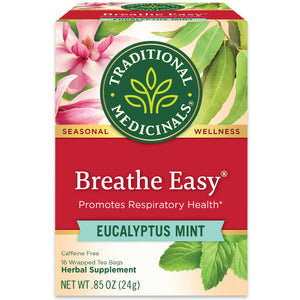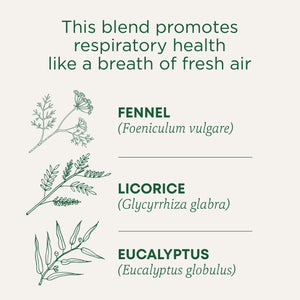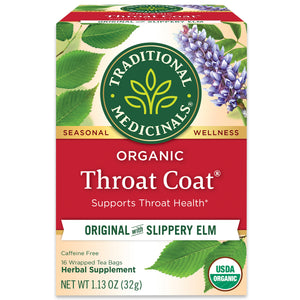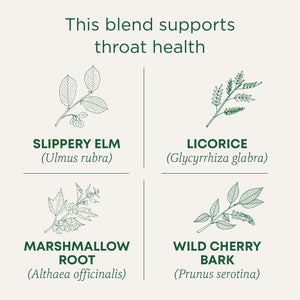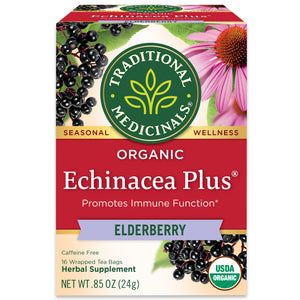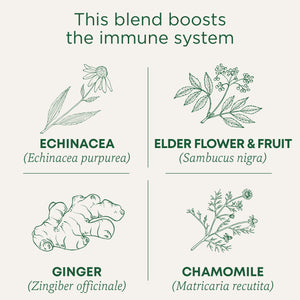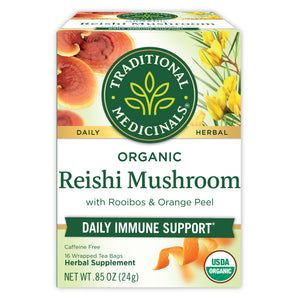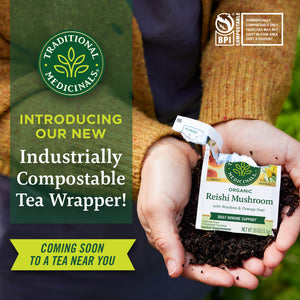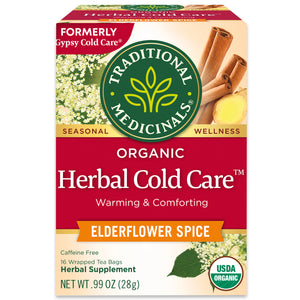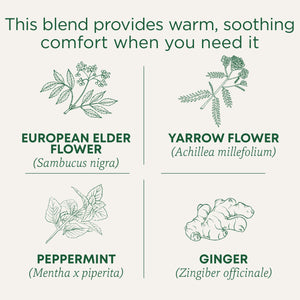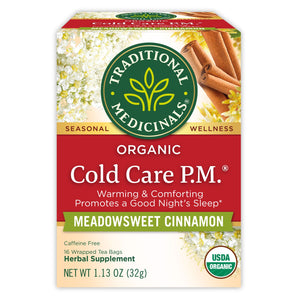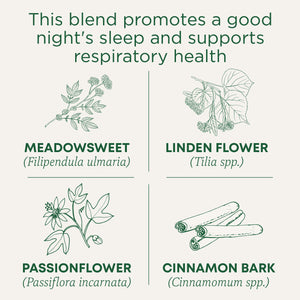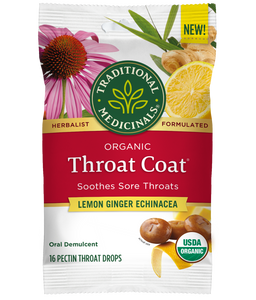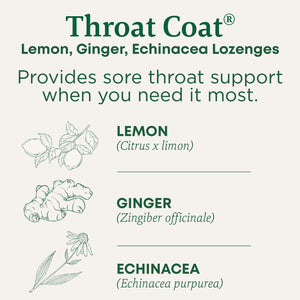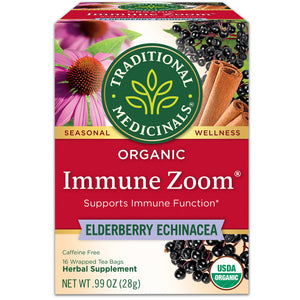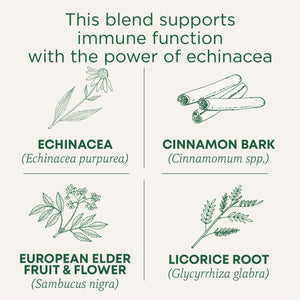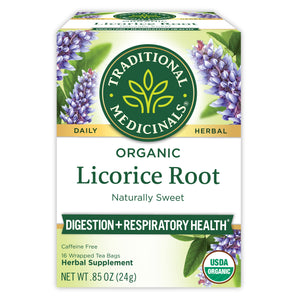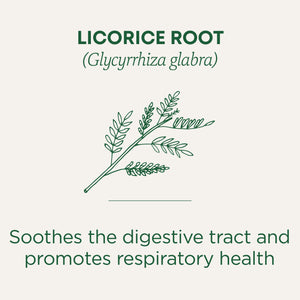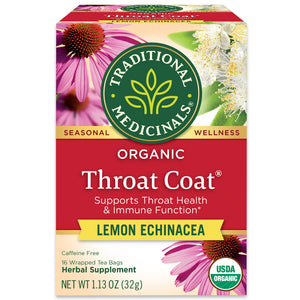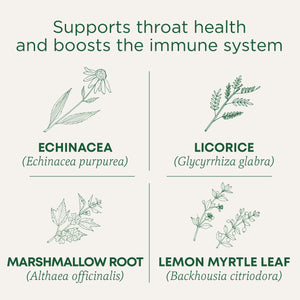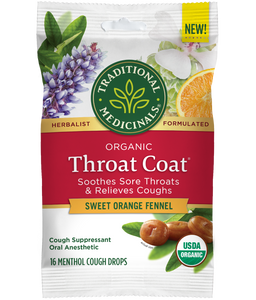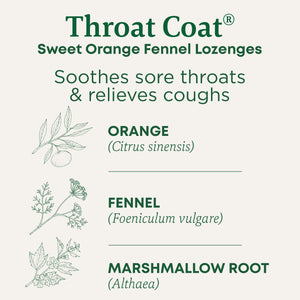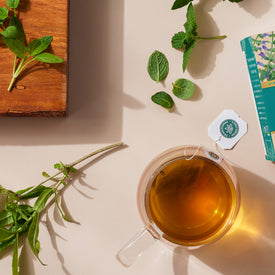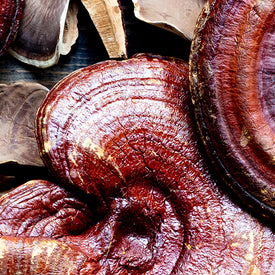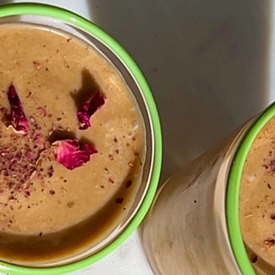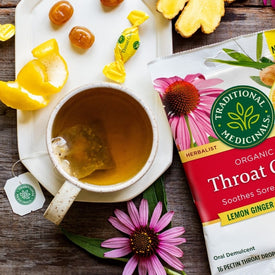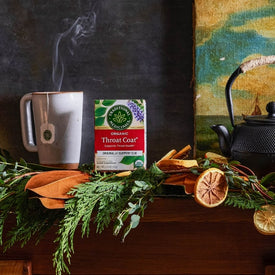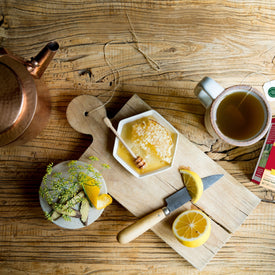The sweet, pine-like aroma of blue gum eucalyptus trees has become a defining smell of the California coastline. It reminds us of a carefree drive along Sonoma County country roads, when we turn our music up and the windows down. These evergreen giants stand over a hundred feet tall and grow so prolifically along the fog line that it’s easy to assume they’ve been living here all along.
There are over eight hundred species of eucalyptus, ranging from tall flowering trees to smaller shrubs. They’re all indigenous to Tasmania and Australia, but like other powerful medicinal plants, eucalyptus is able to grow (and thrive) on almost every continent.
Botanists have long been fascinated by this fast-growing gum tree, which excretes a sticky antibacterial resin to deter pests. Starting in the late 1700s, people began to propagate eucalyptus abroad with hopes to mitigate the challenges of their rugged ecosystems – such as reducing moisture in mosquito-prone habitats, rebuilding forests after rampant deforestation, or providing cover for areas that needed giant wind breaks. Some were just plant lovers who wanted to propagate the tree solely for its novelty. Others saw the plant as a get-rich scheme, and in the late 1800s, one developer planted over eight million eucalyptus trees on a fourteen-mile strip from Berkeley to Oakland. Spoiler alert, it wasn’t a good idea, nor was it profitable.
It turns out that the ubiquitous California eucalyptus has proven to be more harmful than helpful. The plant loves water, and at the same time, is fuel for fire. But, its resilience and abundance are true testaments to this plant’s power, and it provides so many different resources. The wood from eucalyptus can be used for timber, fuel, or even—didgeridoos! The bud caps make rather cute buttons, and the leaves are prized by herbalists for herbal medicine making.
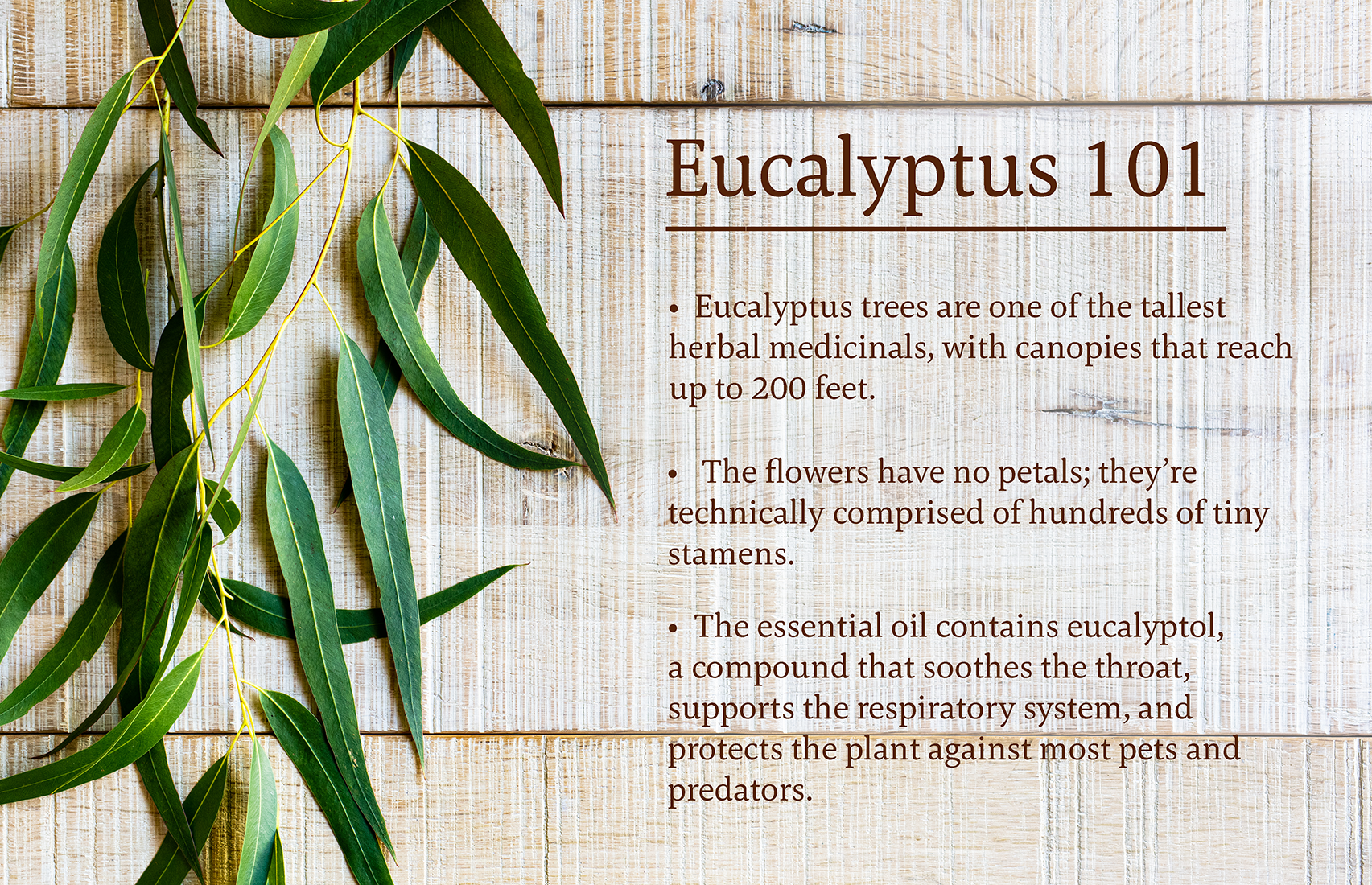
The Aboriginal and Torres Strait Islander peoples have long used the leaves of Eucalyptus globulus (along with many other species), topically and internally for wound healing, decongestion, and pain relief. Worldwide, herbalists continue to use this traditional plant knowledge in many of the same ways.
The essential oil rich leaves are used in steams, syrups and lozenges to support the respiratory system, as an essential oil for cleaning, and in teas—like our Throat Coat Eucalyptus and Breathe Easy blends!
As with any powerful herbal medicine, effectiveness is all about the dose. In large amounts, much greater than what you’ll ever get in our herbal teas, eucalyptol can be toxic. A nod to the strength of this plant and essential oils in general.
Eucalyptus leaves have an incredibly refreshing mint-like taste, which provides an invigorating touch of comfort when you need it most. A great ally for winter or times of occasional stuffiness. Because of its powerful medicinal profile and incredible growing power, it’s no wonder this plant is a cherished traditional plant medicine that has made its mark worldwide.


